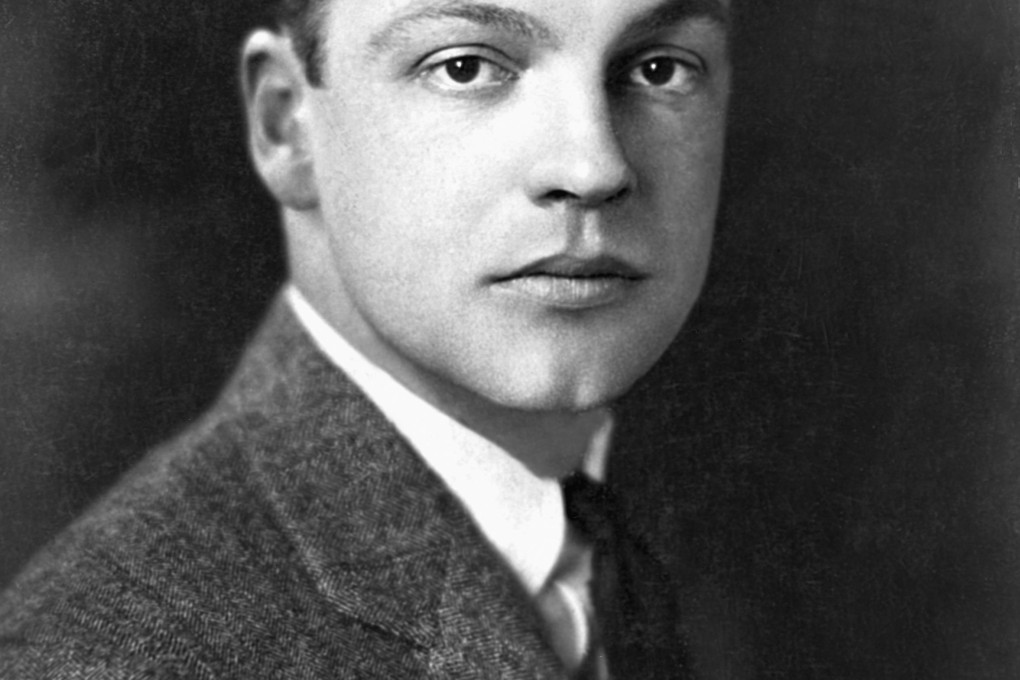In praise of the liberal arts
The Latin term studia humanitatis is probably unfamiliar to most people. But what about artes liberalis, the medieval name for liberal arts?

The Latin term studia humanitatis is probably unfamiliar to most people. But what about artes liberalis, the medieval name for liberal arts? At least that “looks” familiar. It means the arts (that is, learning) that were appropriate for a free man (in the classical Greek sense of a man who is not a slave).

We can also go to Webster’s Third New International Dictionary. Under the entry for Liberal Arts, it says “of, belonging to, or befitting a man of free birth, also, of, belonging to, or befitting one that is a gentleman in social rank”.
If that does not suffice, try another entry: “the studies especially in a college or a university, that are presumed to provide chiefly general knowledge and to develop the general intellectual capacities … as opposed to professional, vocational or technical studies.” That should give most readers a general idea on what liberal arts education is, and what it is not.
Perhaps the staunchest advocate for liberal education in America before the mid-20th century was Robert M. Hutchins, former president of the University of Chicago. The world got to know about the so-called Great Books Project under his leadership as well as that of Mortimer Adler, an editor of the Encyclopaedia Britannica.
For Hutchins, liberal, from liberalis (from which the English word liberty is derived), means free; so liberal education is a “free education”, or “an education that can set you free”.